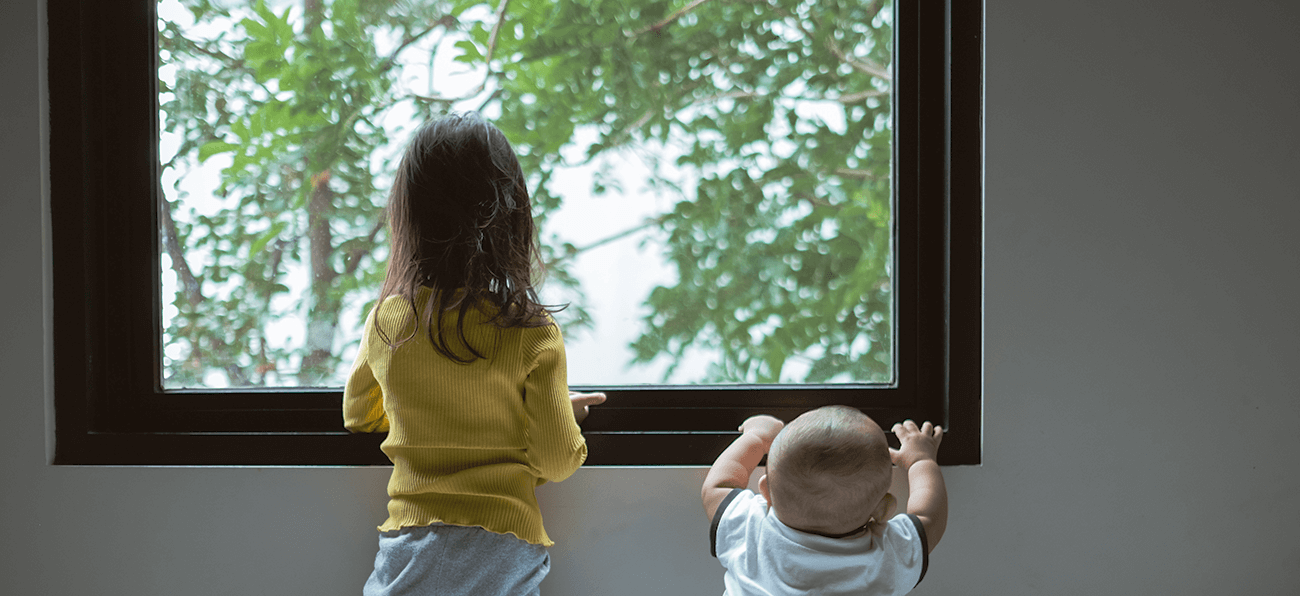Presence and Perspective By Murielle DiBiase, M.D.
In the chaos of the world we are living in today I find the challenge that rises to the top of my heap across settings and interactions with others of all ages is to be present and consider the perspectives of others. We are so inundated with the stressors of everyday living complicated with all of the Covid chaos that it’s a true challenge to stay in the moment and even consider the perspectives of others.
In my work in the field of Early Care and Education, I have many opportunities to engage with families, children, professional colleagues, teachers, and a wide variety of support staff involved as educators in this phenomenal field. We know that parents/family are children’s first “teachers”. Everyone involved in the classroom dynamics has an impact on the foundation of learning for each child in their care. We are all “cognitive coaches”, incidentally as well as intentionally, for every child we connect with, even for those we come to know in utero. It’s simply amazing to consider that the first 3 years of our lives are known to be the time in our lives that we will learn at an extraordinary pace like no other time in our entire lives. This, to me, magnifies the importance of intentionally being present as much as we possibly can across settings and ages for all to truly benefit from the interaction.
As I engage in the work of coaching educators to elevate the quality of their engagement with children, there are frequent conversations about taking a child’s perspective in the moment given any number of daily situations we encounter. As adults, we often make unintentional assumptions about children’s perspectives… “When you push your chair away from the table, you’re telling me you’re all done with snack.” (said to an 18 month old) I had to wonder if that was so or was this child merely experimenting with cause and effect given the moment… Just as unintentionally, we often forget that young children are just beginning to understand their world and are learning things like self-regulation. They are truly novices at social engagement and are new to the concept of emotions. They learn what they are living with no regard to “right or wrong” ideations at such a young age. Understanding a young child’s perspective is key to quality engagement. The more we learn, the more we are able to support learning for our youngest human beings.
This is all food for thought, which might shift our perspectives a bit. We don’t know what we don’t know and we do the best we can with what we do know at any given time in our lives. Thank goodness we have a lifetime to learn and grow and there are so many opportunities for us to do so! Learning is a work in progress, not an aim for perfection…
Favorite Resources:
Ted Talks : Jun Li, Fred Rogers (Google these individuals for more resources)
ZERO TO THREE
Brazelton Touchpoints Center
Connection Parenting, Pam Leo (Google her for more resources to her credit)
Creative Connections LLC
Murielle S. DiBiase, M.Ed.
PO Box 15
Palermo, Maine 04354
207-931-6615

